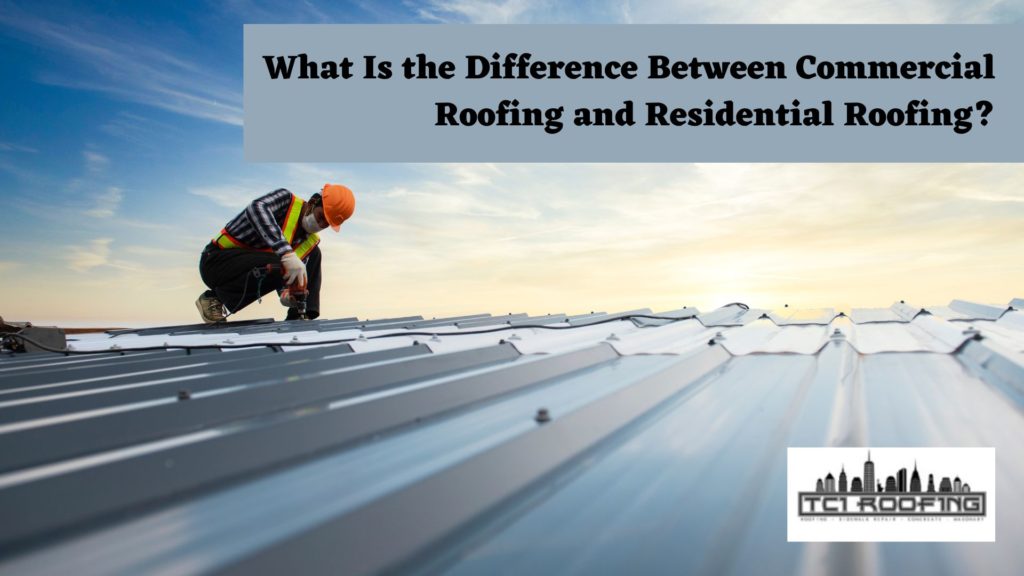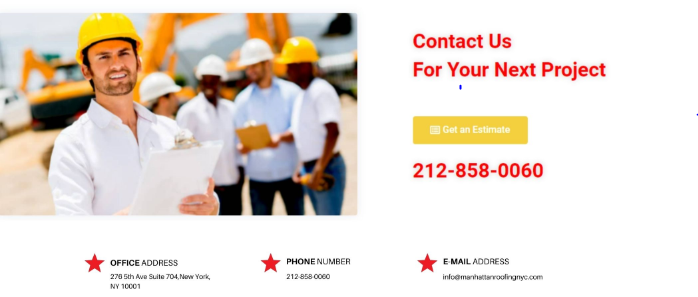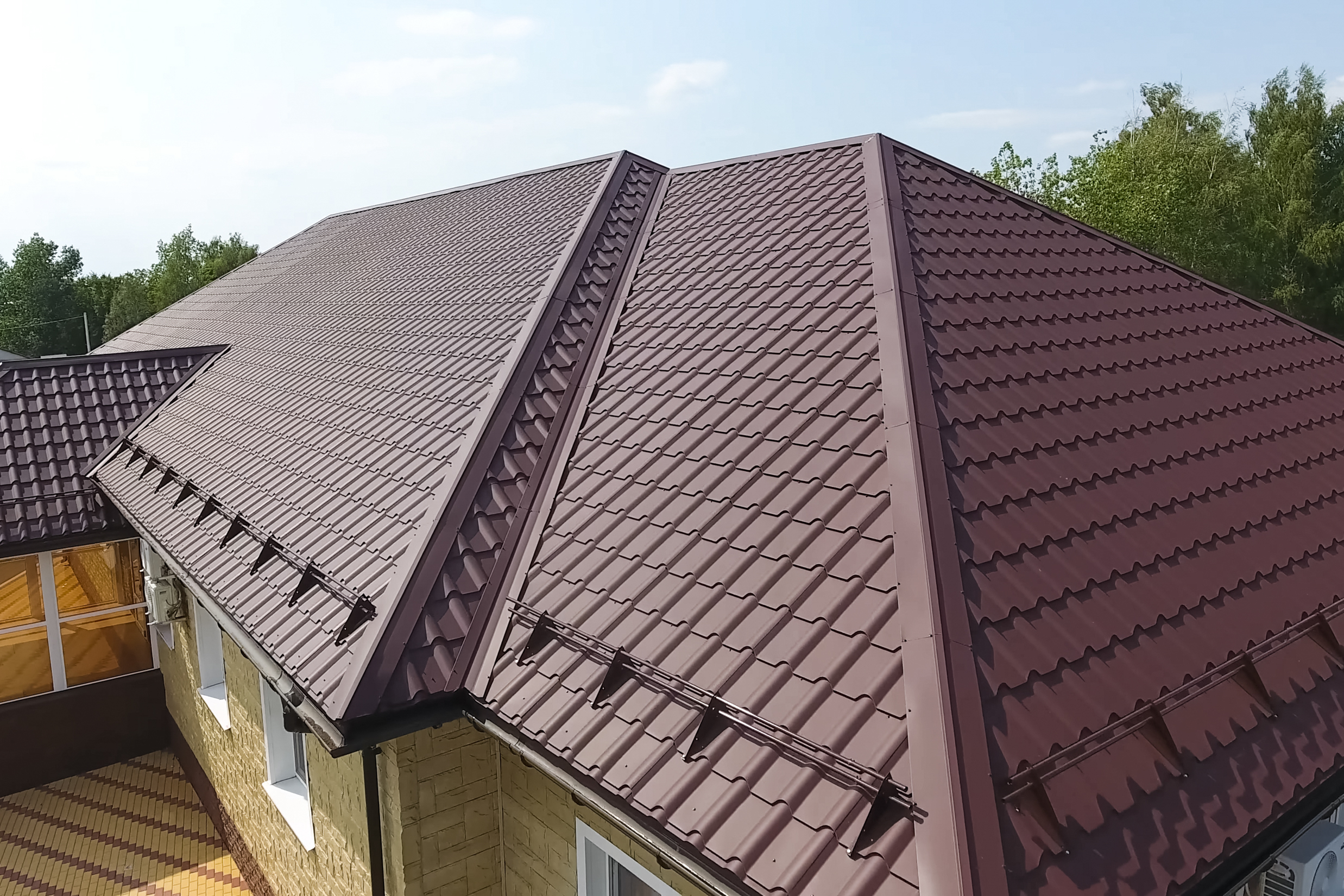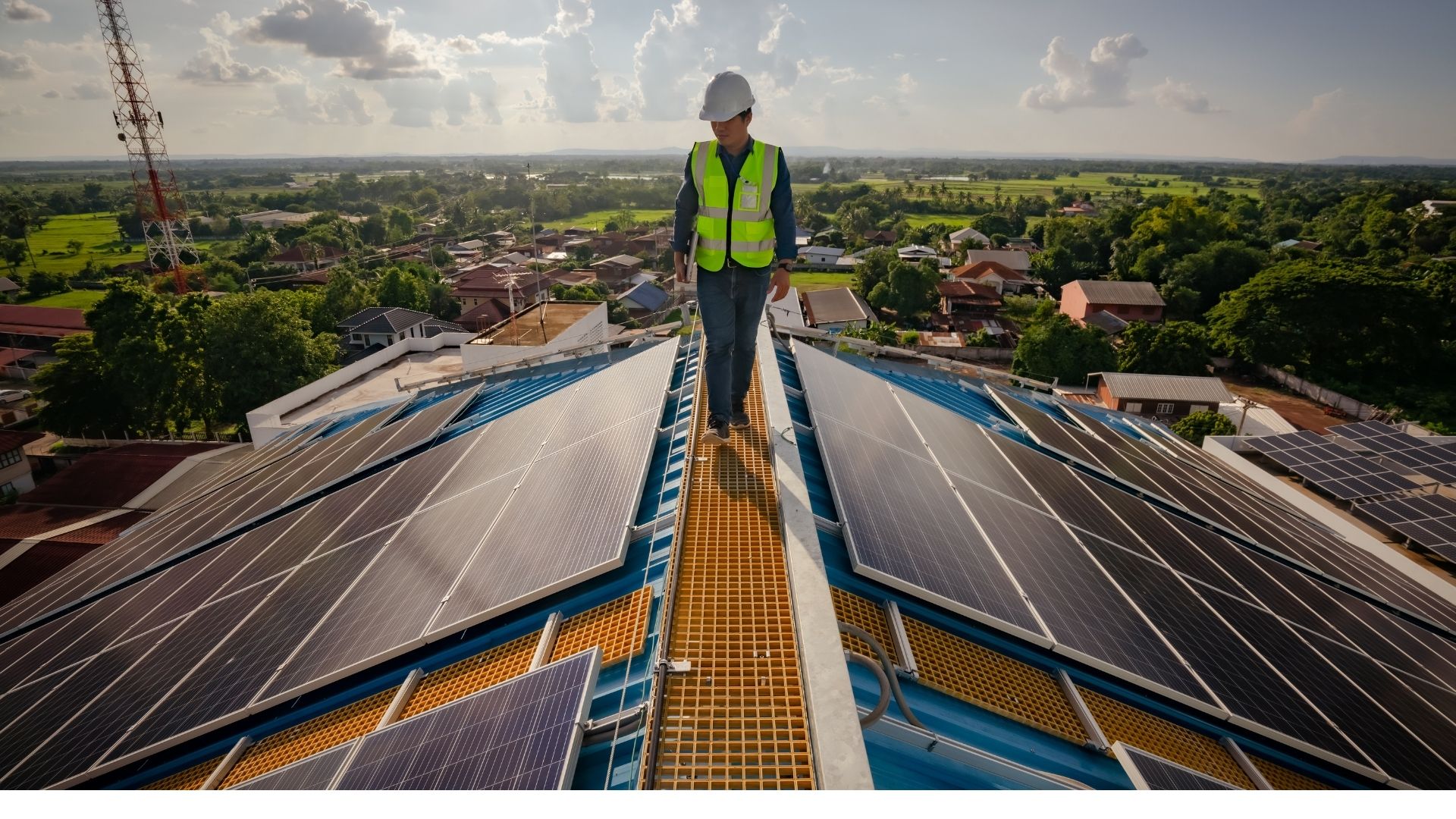The main difference between commercial and residential roofing is the materials used. Commercial roofs are usually made from asphalt, metal, or rubber, while residential roofs are typically made from shingles. Commercial roofs also tend to be flatter than residential ones, making them more challenging to install. Commercial roofing systems also generally more expensive than residential roofing.
Another difference between commercial and residential roofing is the required maintenance. Commercial roofs typically need to be inspected and cleaned more often than residential roofs. This is because commercial roofs are subject to more wear and tear from the elements. Residential roofs can usually go longer without being inspected or cleaned.
Finally, the warranty coverage for commercial roofing is typically different than that for residential roofing or replacement maintenance. Commercial roofing warranties tend to be more comprehensive than residential roofing warranties. This is because commercial roofs are usually more expensive to replace or repair. Residential roofing warranties typically only cover the cost of materials and labor for a limited period.
How to Choose a Commercial Roofing Contractor?
When choosing a commercial roofing contractor, it is important to consider their experience and reputation. Make sure to ask for references and check them out. It is also important to make sure that the contractor is licensed and insured. Finally, be sure to get a written estimate before hiring commercial contractors. A successful local commercial roofing contractor is what you need.
You require a group aware of your requirements and willing to work with you as a team. You must hire an extremely experienced and effective business roofing contractor.
What Are the Major Differences Between Commercial Roofing to Residential Roofing?
Commercial and residential roofs are distinct in terms of design, materials, maintenance, and installation costs.
- The design is the primary difference between residential and commercial roofing. Due to the higher square footage of commercial buildings compared to residential ones, the roof must be able to sustain the added weight and size. On the other hand, residential buildings have a pitched roof with a steeper slope that is less complicated to install. To avoid receiving incorrect or subpar work, your roofing contractors must have experience with the type of roofing you require.
- Commercial and residential roofs must be durable, depending on their size, exposure to the elements, design, and other features. This will ensure that the roof lasts as long as possible while making it flexible and simple to maintain. For instance, commercial roofs have a more extensive surface area and include air conditioning and ventilation features. This design must be supported and made to last longer by the materials utilized.
- Commercial buildings have a more extensive surface area, making roof upkeep more difficult. For instance, you should always clear your gutters, especially in the fall and winter when debris clogs them. With time and inclement weather, metal roofing or roof shingles may deteriorate. Checking in frequently is a good idea to ensure everything is in order. Because they are smaller, residential roofs are simpler to maintain and more straightforward to inspect for damage. You may fix any damaged shingles by yourself, and you can clear the gutters as necessary.
- The method of installation and overall cost are the two factors that distinguish a commercial roof from a residential roof the most. Ask for quotations from a reputable home or commercial roofing provider before you begin any work to determine whether the cost is within your range. Given the number of materials, size, and protective gear required for installation, you should anticipate commercial roofing to be more expensive than residential roofing.
What Are Their Differences When it Comes to Roofing Design?
A commercial roofing often has a very slight slope, if any at all. These roofs are frequently found in warehouses, stores, eateries, and industries. Typically, the roof is substantially more significant than the usual residential roof. Heavy objects, such as massive HVAC blowers and industrial pipelines, can be found on its surface. Multiple apertures for smokestacks, skylights, and blower outlets can be added to the surface to provide texture.
A residential roof often has a steeper pitch than a business roof. In most circumstances, it is smaller than the roof of a building. With the unusual exception of solar panels, the surface often has nothing directly atop it. The few roof openings are typically limited to skylights, chimneys, and vent stacks.
What Are There Differences When it Comes to Roofing Materials?
Asphalt shingles are the most prevalent roofing material for houses other than metal roof. They are among the most affordable alternatives available for energy-savings roof membranes and straightforward to install or for re-roofing. Wood shakes, metal panels, slate, tile, and ceramic are additional options that are frequently used on residential buildings.
Creating the roof deck for residential roofs typically involves attaching plywood to timber rafters.
A protective underlayment is laid before the roofer attaches the shingles, shakes, or tiles. Flat or low-pitched commercial roofs are not appropriate alternatives for ordinary residential roofing materials. Modified bitumen, tar, gravel, single-ply coatings (PVC, TPO, EPDM), sprayed polyurethane foam, or other commercial roofing systems are frequently used to cover them and it is a reliable solution.
What Are the Essential Aspects When it Comes to Commercial Roofing?
Any building, business owner, or company will experience severe effects from commercial roofing issues. A skilled commercial roofing service or business is required for any problems resulting from a damaged roofing structure. These can restore the roof system’s damage or fix its flaws.
Care must be taken when contacting a business that fixes commercial roofing. The chosen company must be able to handle all of your commercial roofing issues with cost-effective solutions.
Even if you don’t have a thorough understanding of the issue, you should be aware of the fundamental characteristics of a professional commercial roofing service provider to avoid having a subpar roof installed on your business property owners.
- Premises and Site Analysis
- Consultation
- Material Proposal
- Project Estimates
- Designs
How Long Does Commercial Roofing Installation Usually Take?
Commercial roofing does not have a generalizable solution. A commercial building’s roof construction could take a few days to more than 4-5 weeks. If you engage seasoned specialists, things might go more quickly for your featured projects.
The installation process and time vary significantly from one roof to another, depending on the material and method you select. Your biggest issue will be finding a qualified commercial roofer who can finish a roofing project for building owners efficiently and on schedule.
How to Choose a Commercial Roofing Repair Near Me?
It is essential to select a company that has experience with the type of roof you have on your property. When contacting a commercial roofer near you for the first time, always ask about their qualifications, licensing, and insurance with a free estimate. It would help if you also asked for referrals from past clients to get a sense of the roofer’s quality of work. Next, you will want to schedule a consultation so that the roofer can assess the damage and give you an estimate of the repair costs.
Make sure to get a written estimate before agreeing to any work. Finally, be sure to ask the roofer about their warranty policy. Most reputable roofers will offer a warranty on their quality, and some manufacturers also offer warranties on the materials they use.
Why Do You Need Proper Maintenance From Reliable Commercial Roofing Services?
Your commercial roof is a significant investment, and like all investments, it needs to be appropriately cared for to maintain its value. A well-maintained roof will last longer and perform better than one that has been neglected. A good maintenance program will also identify potential problems before they become serious, saving you money in the long run.
There are many benefits to having a reliable commercial roofing service to maintain your roof. First, they have the experience and knowledge to care for your roof properly. They will also have the necessary tools and equipment to do the job right. Finally, a good roofing service will offer a warranty on their work, giving you peace of mind in knowing that your investment is protected.
A good commercial roofing service will also offer a free consultation so that you can learn more about their services and what they can do for you. This is an excellent opportunity to ask questions and get to know the roofer before you commit to using their services. Check out TCI Manhattan Roofing now.
Thoughts
In conclusion, knowing the difference between commercial and residential roofing is essential. Commercial roofing requires more extensive and specialized care. As a business owner, you must select a reputable company with the experience and qualifications necessary to care for your investment. Schedule a consultation to estimate the repair costs and ask about the roofer’s warranty policy. Finally, be sure to have a maintenance plan in place to protect your investment and extend the life of your roof.





